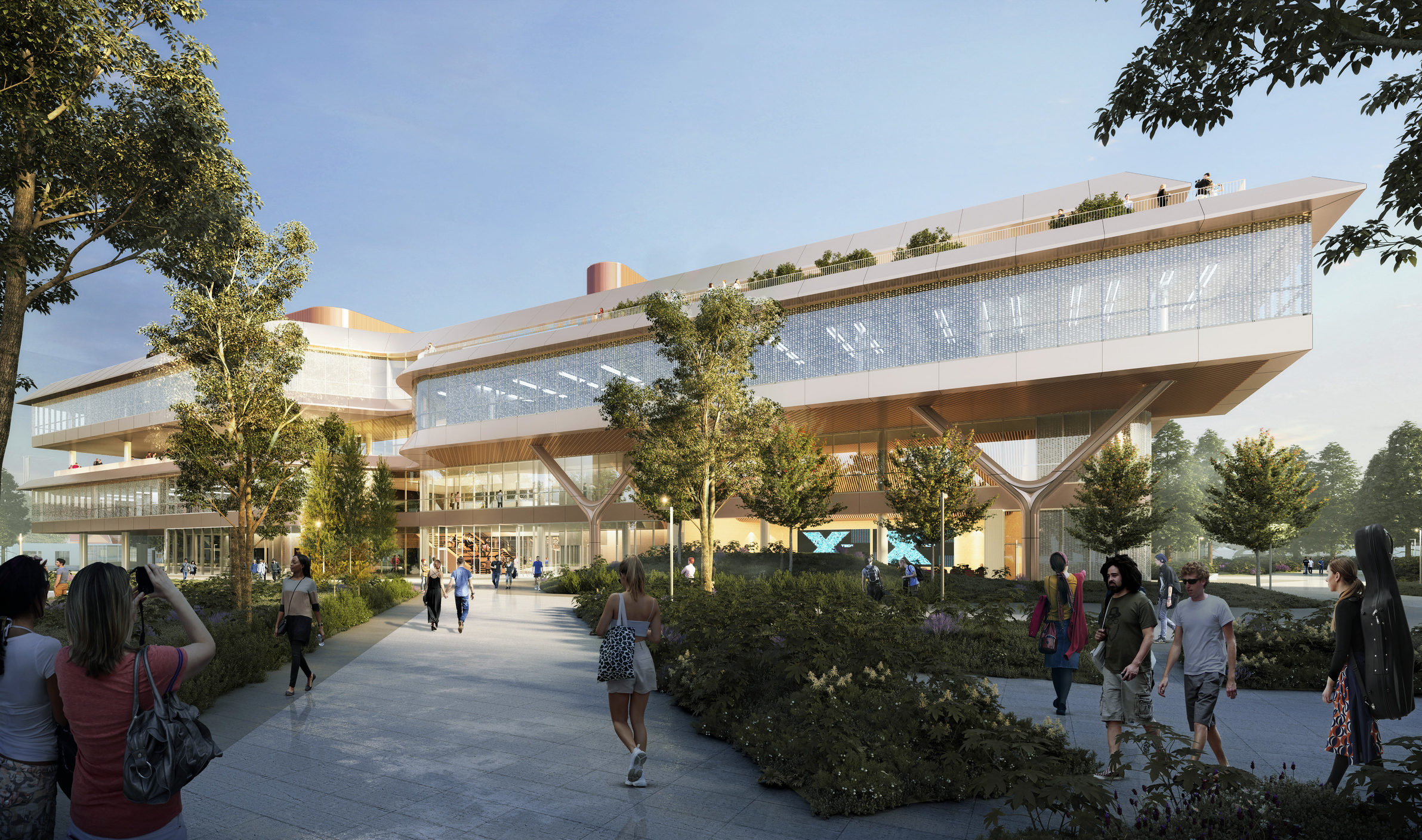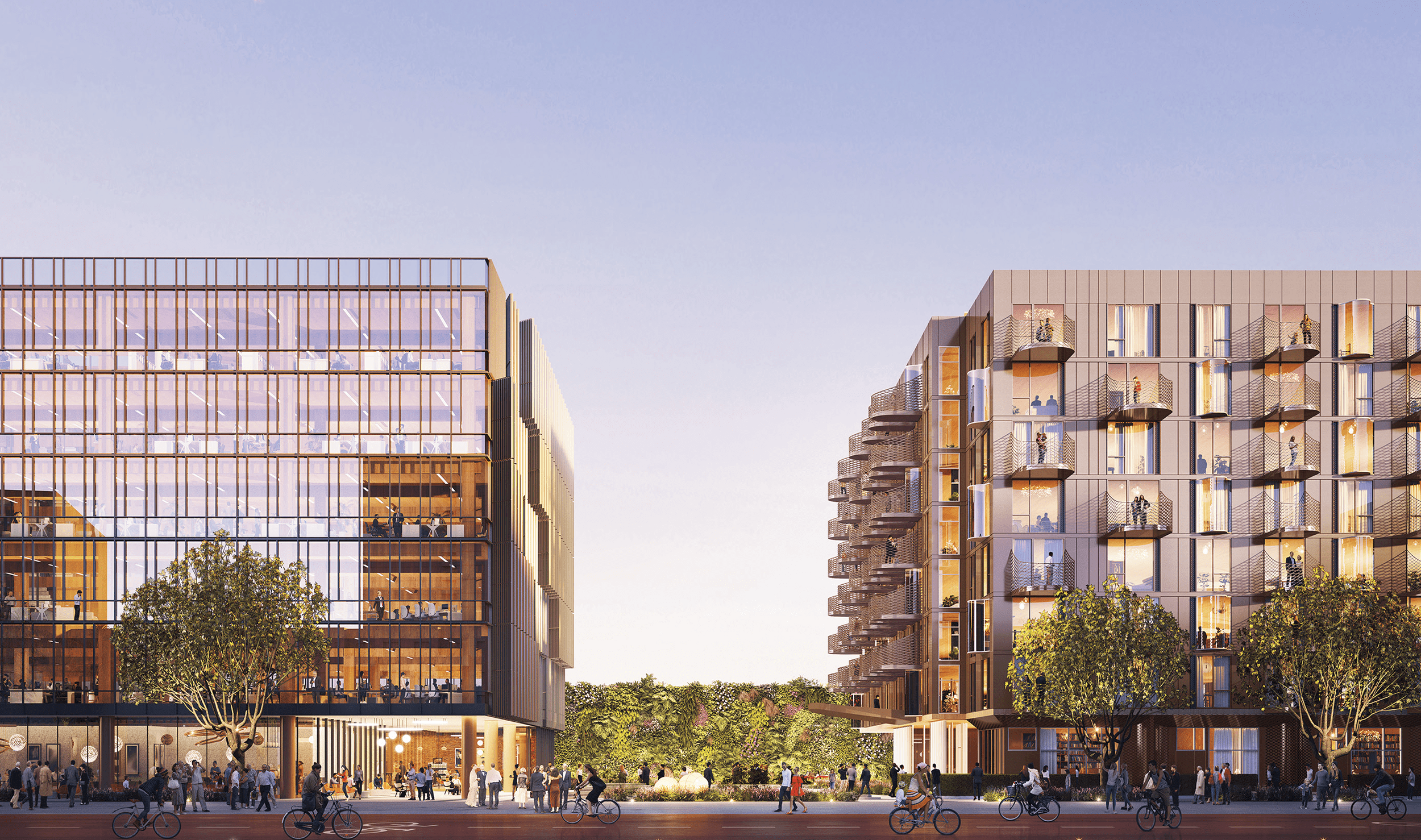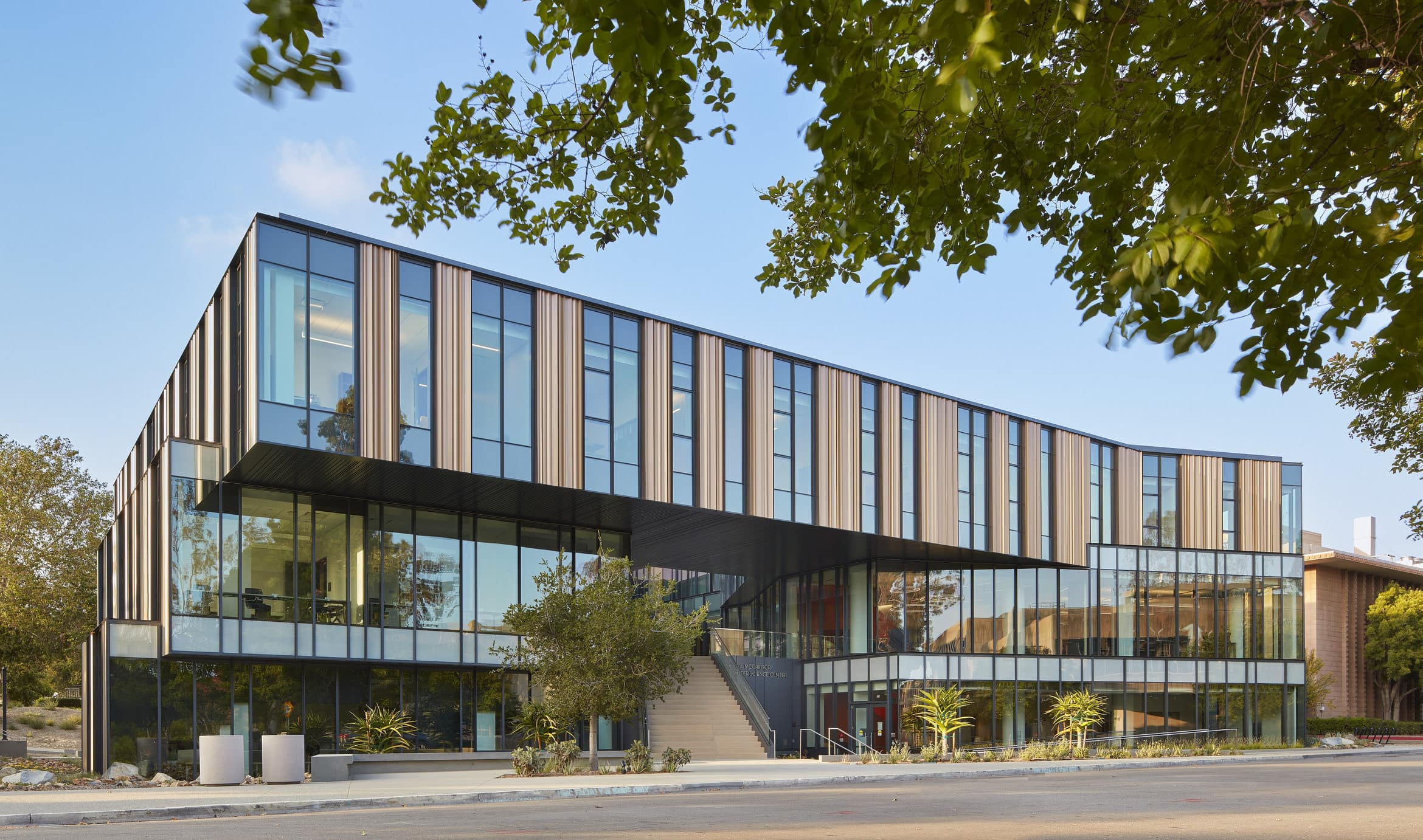Net Zero Energy
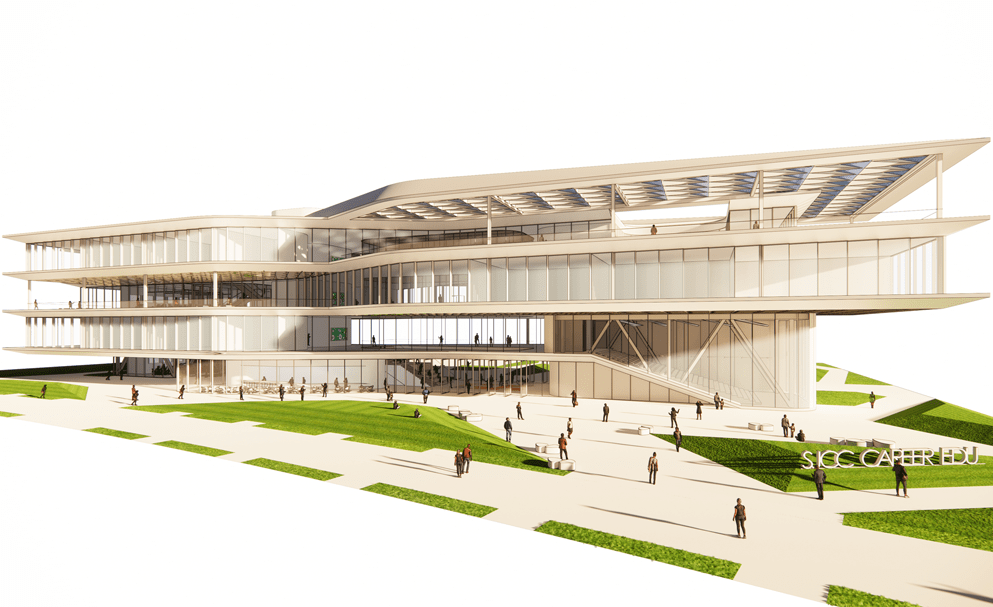
As the need for maximizing the use of renewable energy sources increase, our design strategies have continued to incorporate an integrated approach towards sustainability. Our idea of Net Zero Energy design is about leveraging renewable energy sources rather than expending earth’s energy capital. We implemented this philosophy in the design of campus education complex that combined new construction, renovation of an existing building, and connections to campus infrastructure.
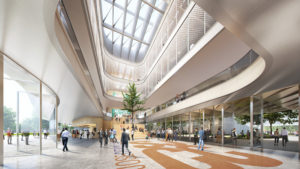
Sustainability as a teaching tool
Positively affecting ones environment can produce an awareness that resonates with an individual. Strategies that harness solar energy in the forms of passive heating, solar thermal energy and photovoltaics to generate clean electricity can also work to create indoor and outdoor environments that are well shaded, naturally ventilated, and maximize natural daylight. A design philosophy of humanistic architecture rooted in social and environmental responsibility.
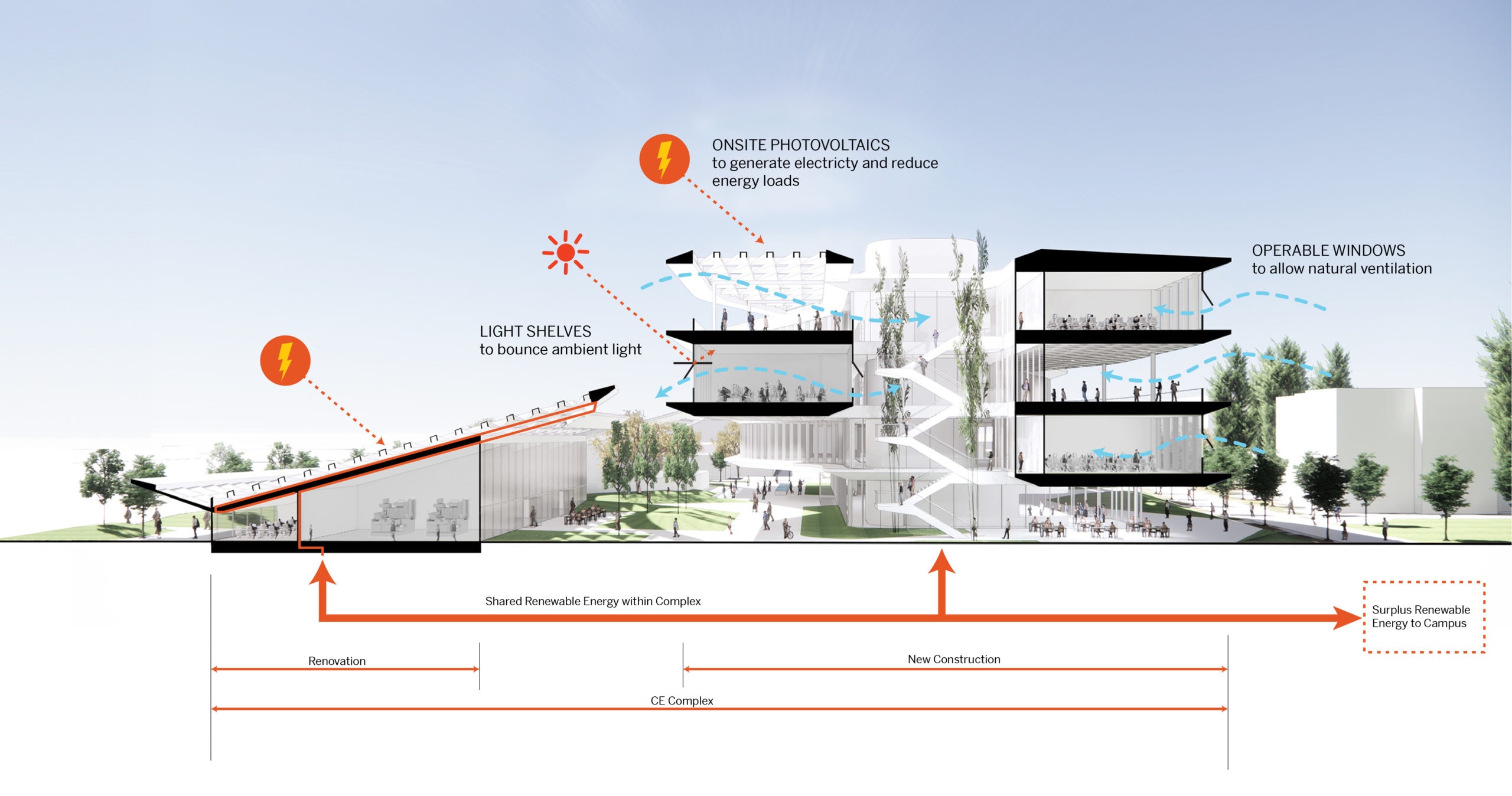
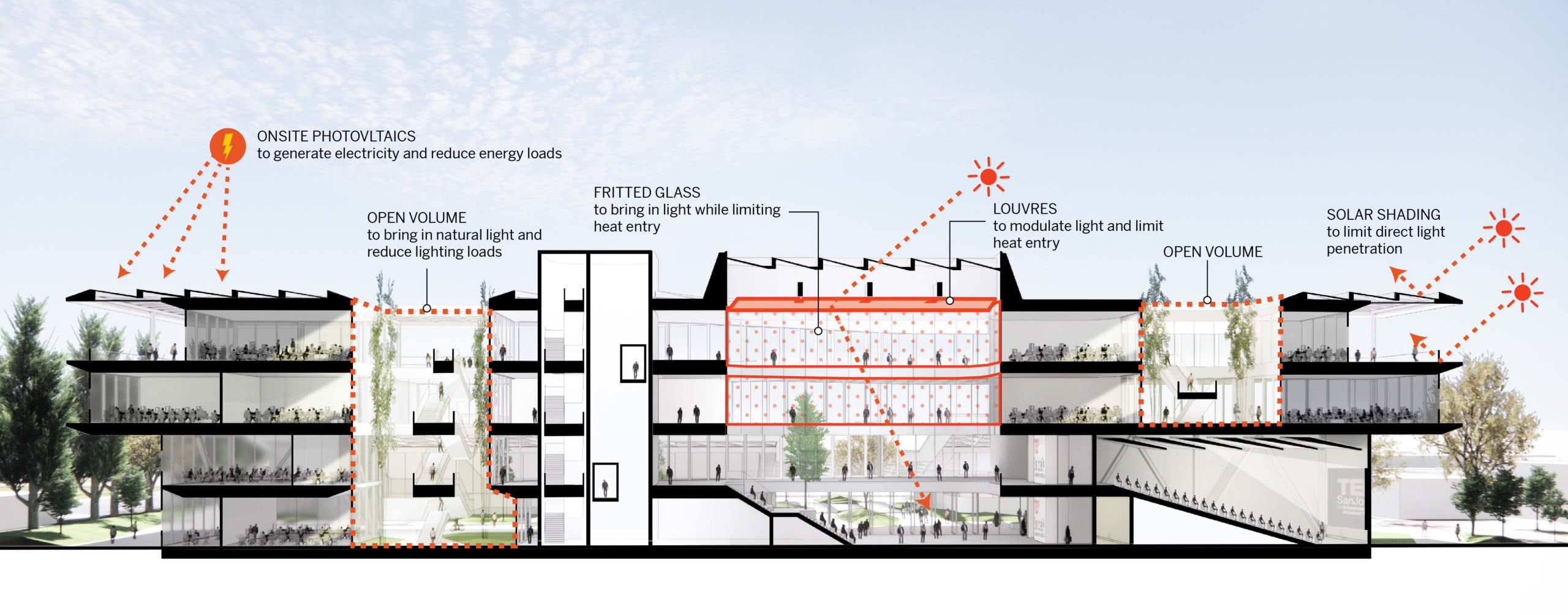
Setting the stage early
During the early stages of design, harnessing the best ideas and testing them in energy models at the initial phases of design when big decisions are made.
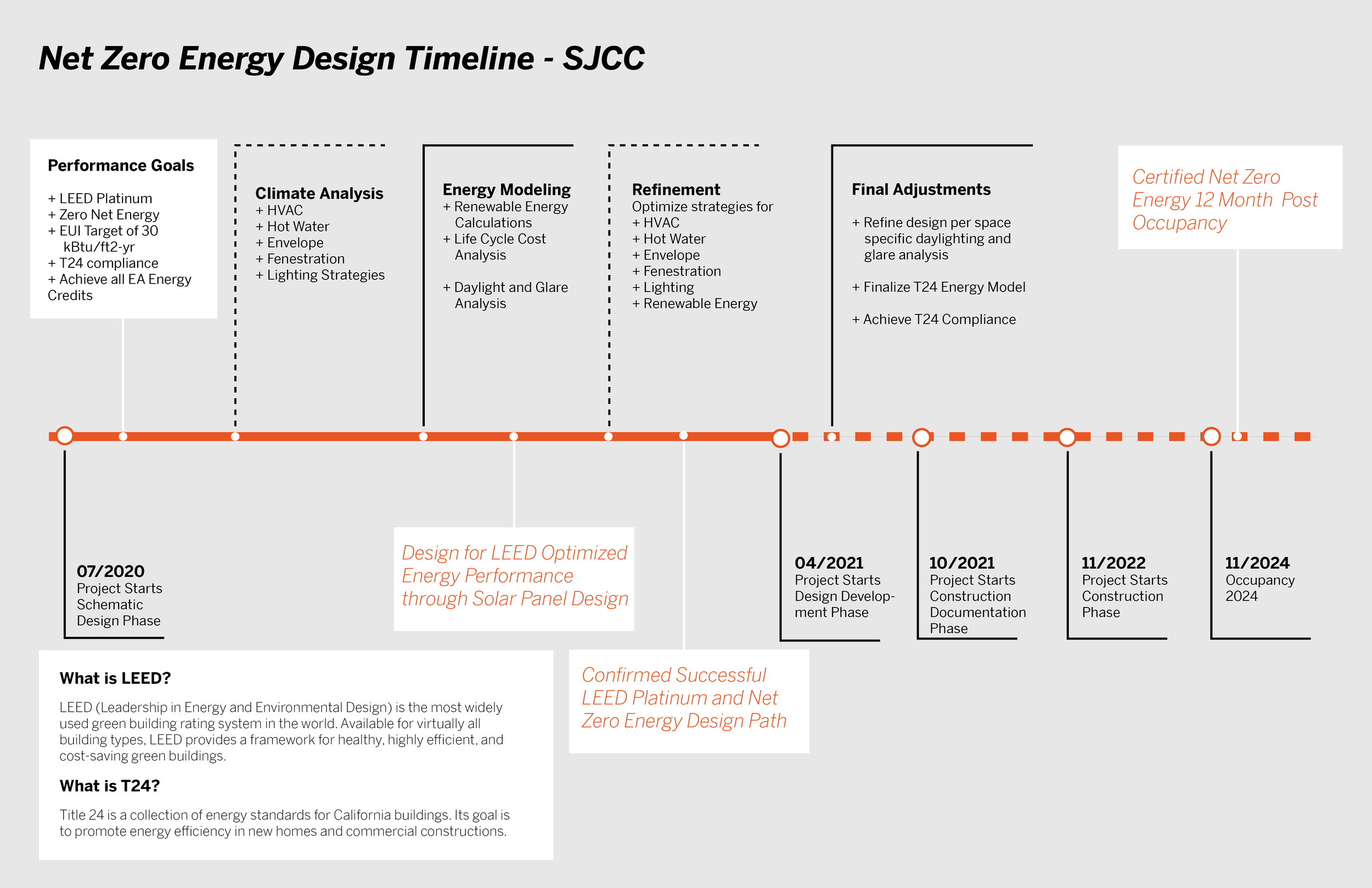
An analysis based approach
Our in-house sustainability expert team, CoLab, ran sustainable analyses for a variety of design parameters including climate analysis, parametric energy modeling, daylight simulations and renewable energy analysis to inform design during conceptual and schematic design phases.
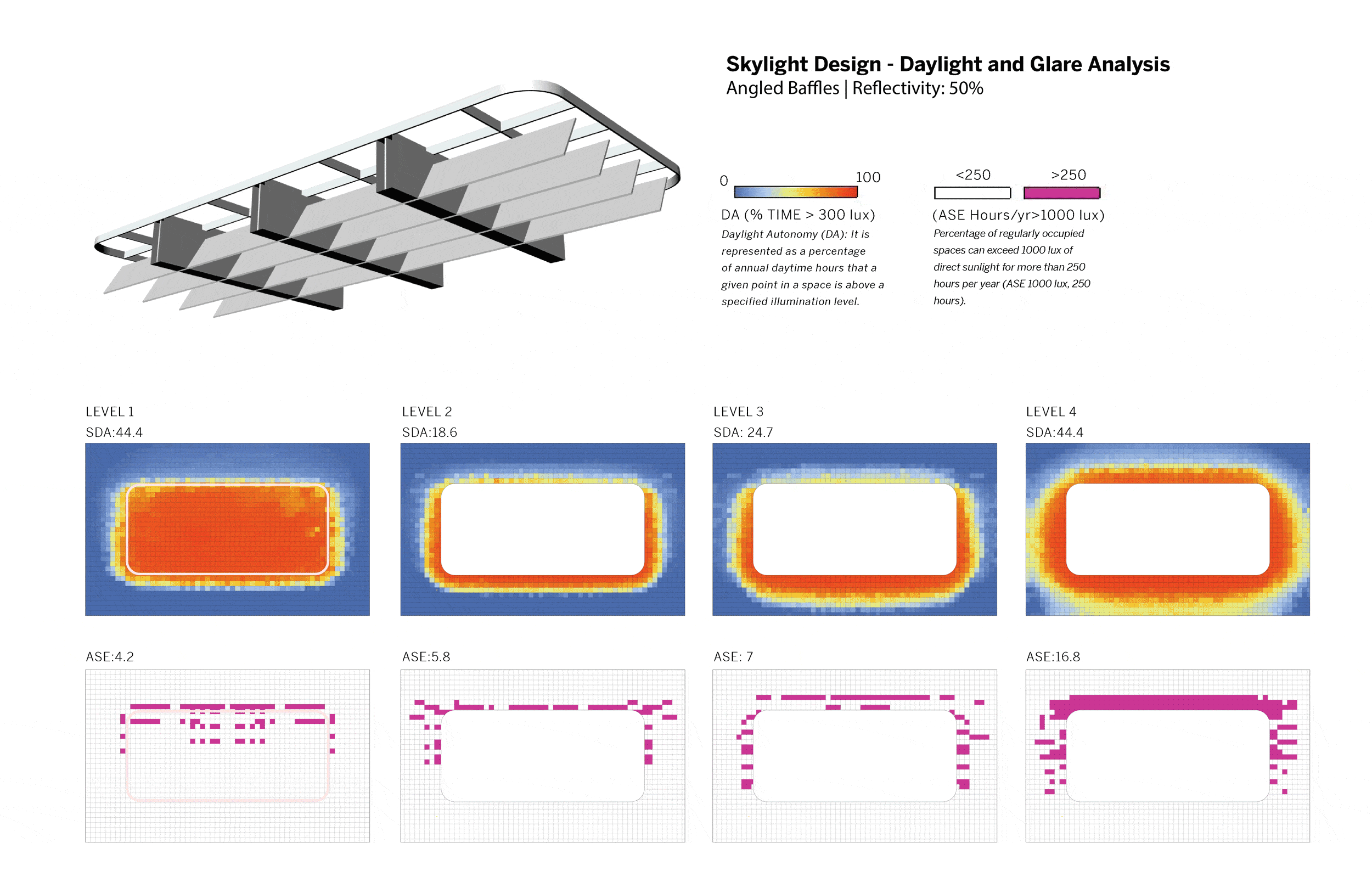
Establishing a roadmap towards a Net Zero design
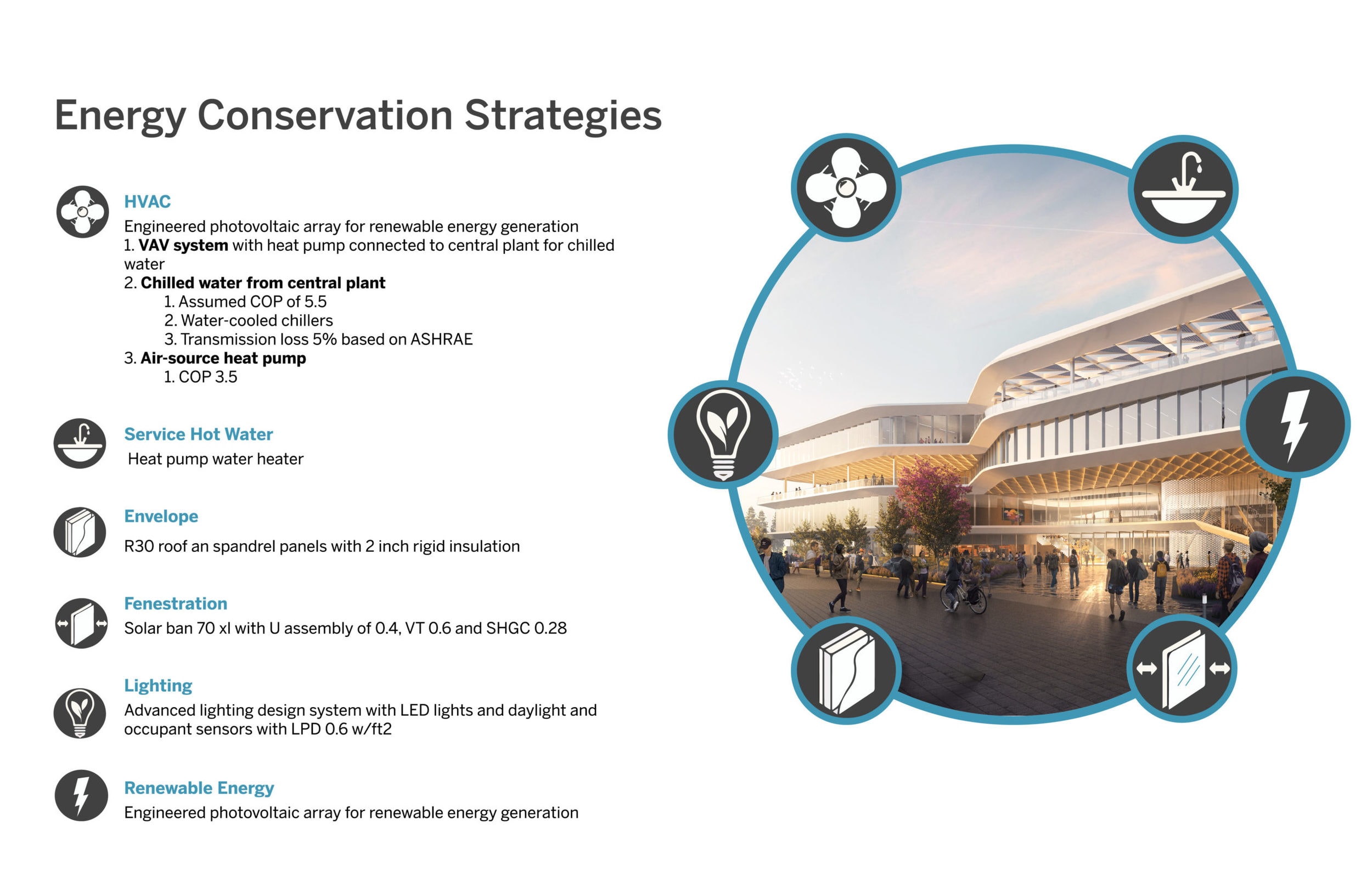
Design for the present and the future
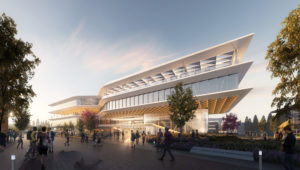
Steinberg Hart’s Net Zero Energy Projects
- Sunnyvale Affordable Housing – Block 15 Townhomes, Sunnyvale, CA
- Southeastern Live-Well Center, San Diego, CA
- Harvey Mudd College McGregor C.S. Center, Clairemont, CA
- Ohio Street Probation Center, San Diego, CA
- Bay Terraces Senior Center, San Diego, CA
- Children’s Museum of Eau Claire, WI
